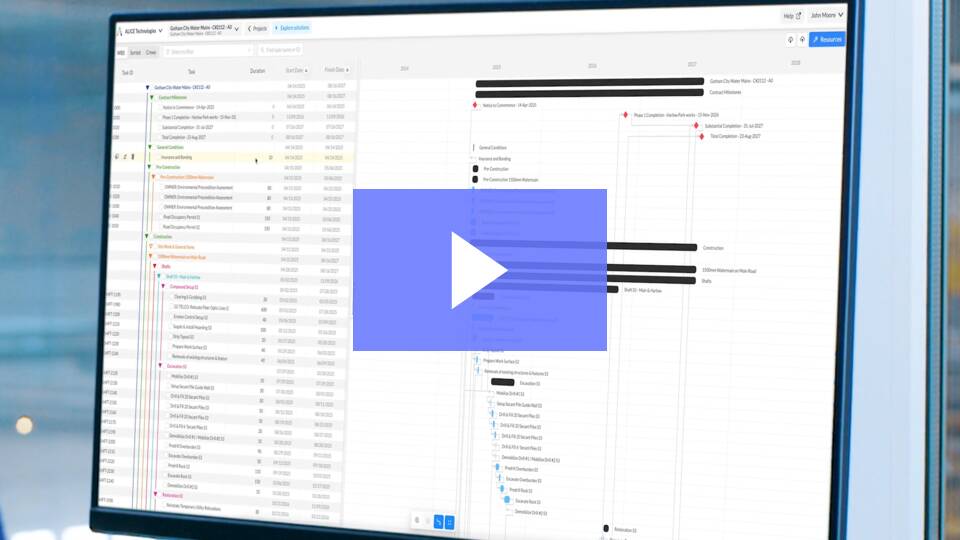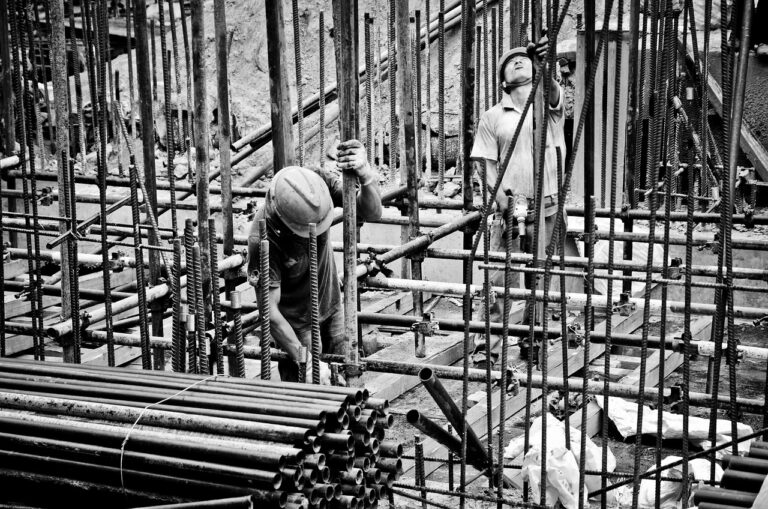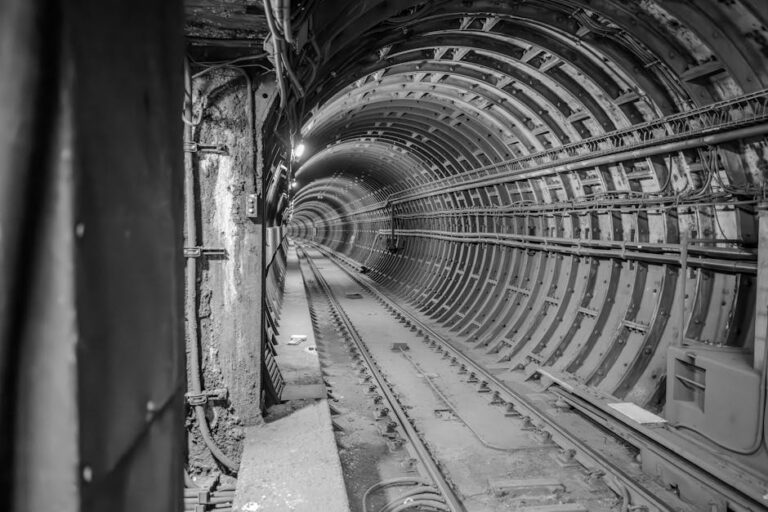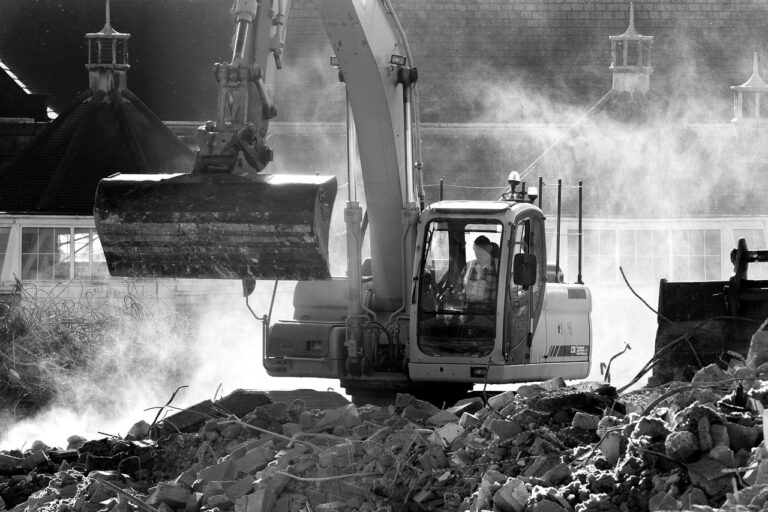Recently, there have been some exciting developments in the field of AI construction scheduling platforms – such as the generative “optioneering” platform offered by Alice Technologies*: the promise of generative AI technology into the world of construction scheduling. The only thing that is certain is that there will be extraordinary benefits to be realized in its implementation. Yet, it is unclear exactly if and how the technology will gain market share or adoption. Indeed, at present, Alice is the only player of mention in the game, which raises some interesting possibilities. This post will discuss some potential scenarios.
To be specific, Alice’s “optioneering” approach is quite different from what one could expect from, say, an AI prompt based platform, though that may change in the future. Alice Technologies does not appear to have any competition, which gives one an idea of how specialized – even esoteric – the approach may seem. The expanse between an AI prompt to “create a schedule for a three-story wood frame home” – simple, and “create a schedule for a particle accelerator plant” – complex – both of which would be dependent on the knowledgebases available, is significant.
But then technology for complex prompt generated schedules will take considerably longer to develop than the approach to optimizing uploaded baseline schedules (Alice also can import and export BIM models): for example, it is arguable that a particle accelerator baseline schedule generated from prompts may never be a reality. The good news is that the industry is already making use of Alice in a substantive way – as case studies show.











